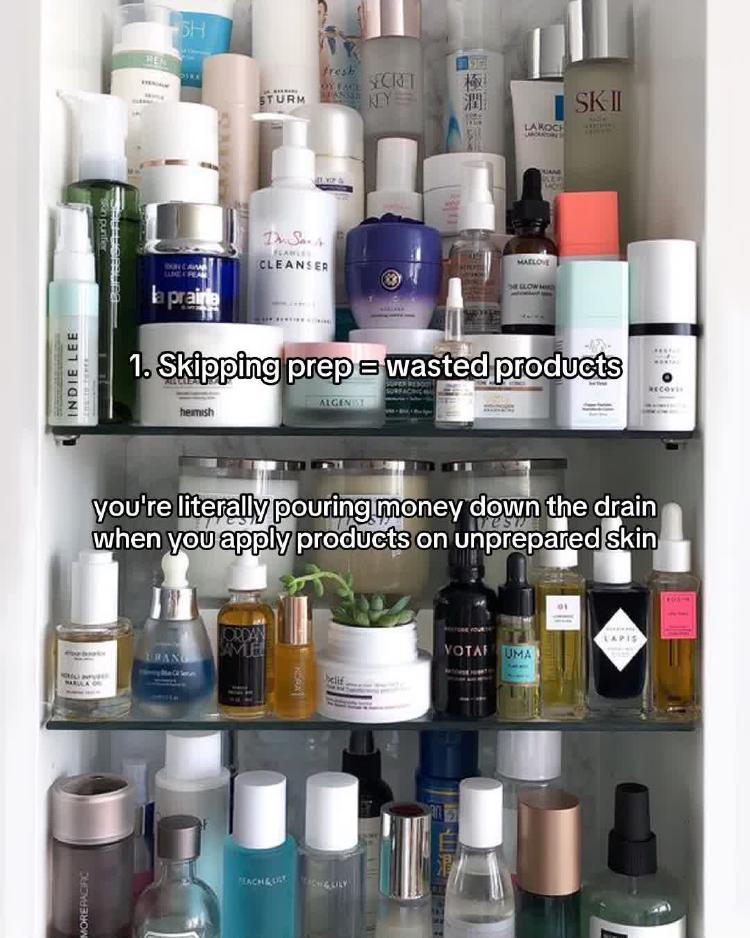Essential Sunscreen Knowledge: Protecting Your Skin from UV Damage
Learn why sunscreen is crucial for skin health, understand UV types, find out how to apply it correctly, and clear up common myths about sun protection.

- Seo Yuna
- 2 min read

Essential Sunscreen Knowledge: Protecting Your Skin from UV Damage
Sunscreen is a cornerstone of skin health, widely recommended by dermatologists and skincare experts. However, understanding why it’s so important, how to choose the right one, and how to use it effectively can be confusing. Let’s demystify sunscreen and equip you with the knowledge to protect your skin.
It’s worth acknowledging that integrating sunscreen into a daily routine can be a process, and occasional missed applications are not a failure. The goal is consistent, reasonable protection that fits your lifestyle.
The Impact of UV Radiation on Skin
The sun emits ultraviolet (UV) radiation, which reaches the Earth’s surface as UV-A and UV-B rays. Both types cause damage to skin cells:
- UV-B: These rays are the primary cause of sunburn. They damage the DNA in the epidermis, the skin’s outermost layer, contributing to skin aging and significantly increasing the risk of skin cancer.
- UV-A: These rays penetrate deeper into the dermis, affecting structural components like collagen and elastin. This damage accelerates skin aging, leading to wrinkles and loss of firmness. UV-A also plays a role in skin cancer development.
The skin’s natural defense, melanin (pigment), helps absorb some UV energy, leading to a tan. However, a tan is a sign of UV damage. Prolonged exposure overwhelms these defenses, resulting in sunburn and cumulative damage that impacts skin structure, elasticity, and increases the risk of skin cancer. Studies show that even everyday exposure, such as through windows while driving, can cause significant, visible changes over time, particularly on the side of the body exposed to the window.
Understanding Sunscreen Filters
Sunscreen filters are the active ingredients that protect skin from UV radiation. They work by absorbing UV energy and dissipating it as heat. Filters are broadly categorized:
- Inorganic Filters: These include Zinc Oxide and Titanium Dioxide. Made of mineral compounds, they effectively absorb and scatter UV rays. They are often preferred for sensitive skin.
- Organic Filters: These are carbon-based compounds (e.g., Avobenzone, Octinoxate, Octisalate). They primarily absorb UV radiation.
Effective sunscreens, often labeled
{< skin-analysis >}
Experience personalized skincare recommendations with COSMI Skin! Your skin will thank you!
Unlock Your Healthiest Skin – Backed by Science and Personalization
Cosmi is your personal AI cosmetologist — offering tailored skincare recommendations and expert advice based on your unique skin type, concerns, and goals.
Visit Cosmi